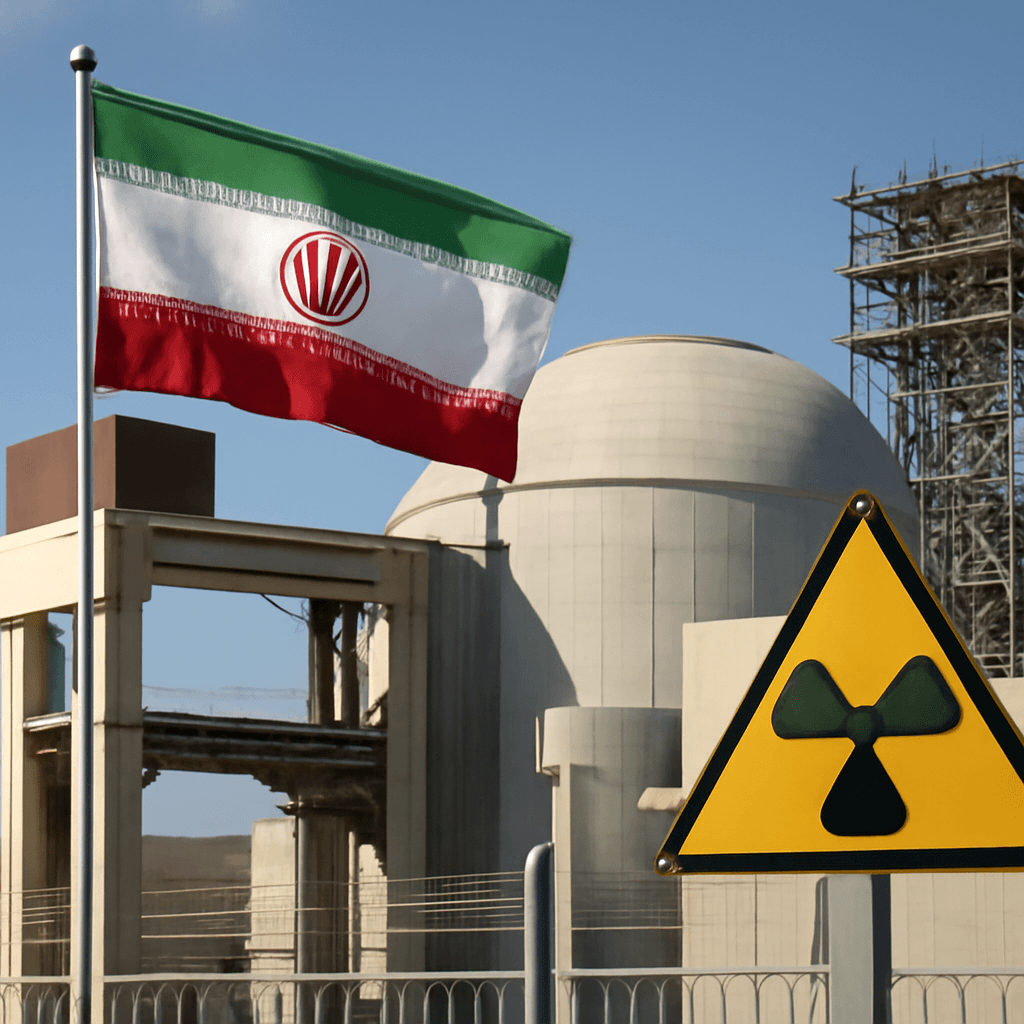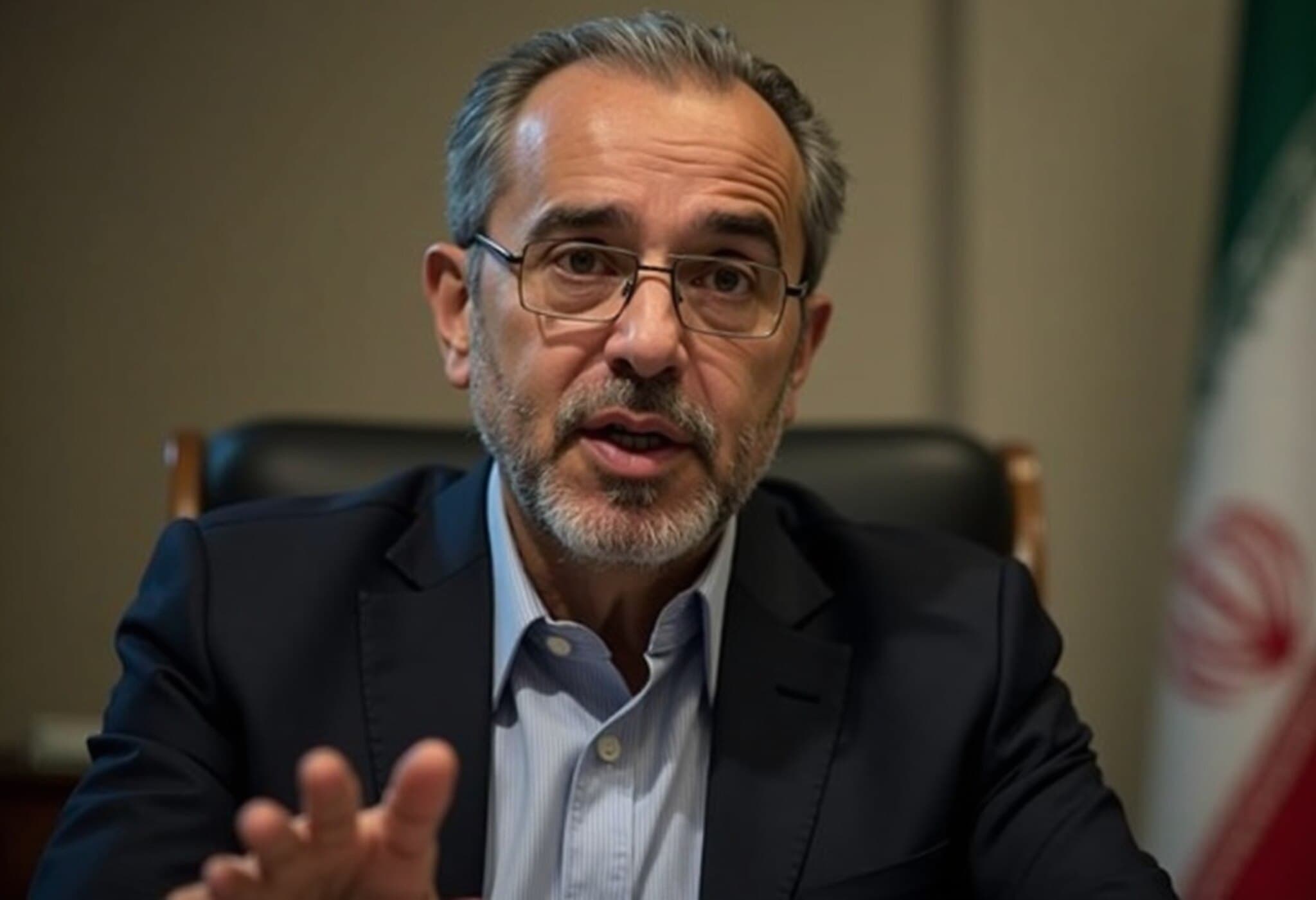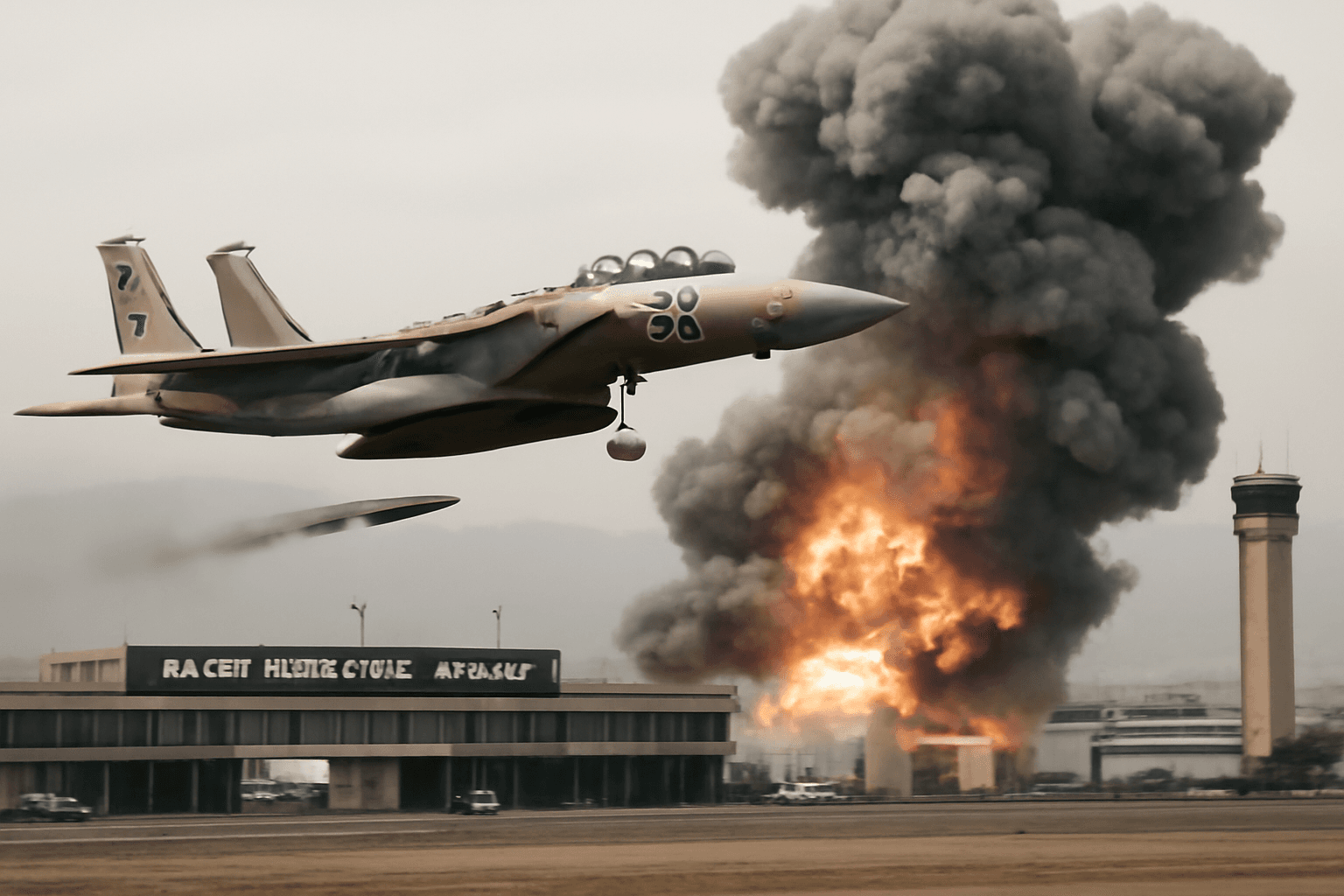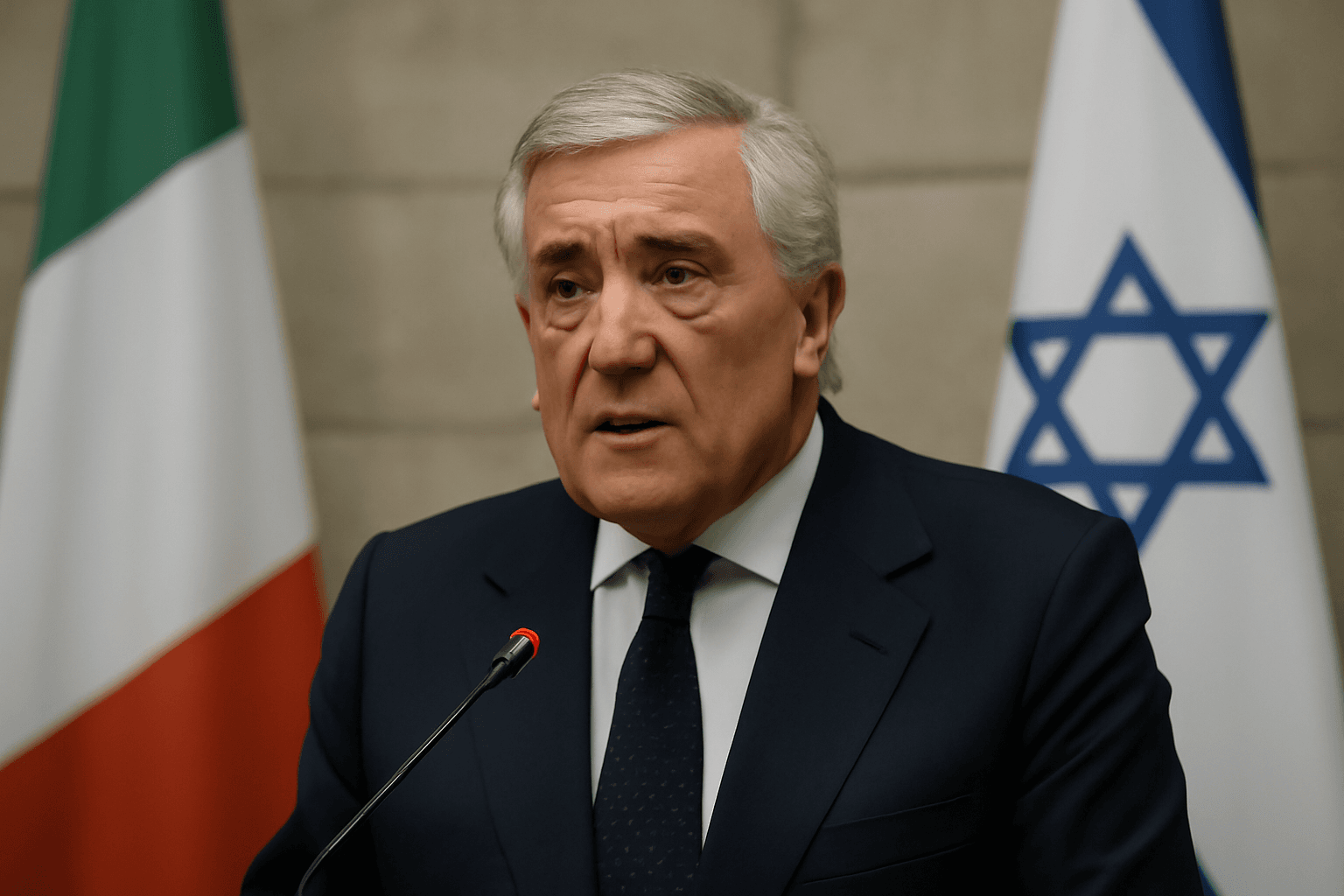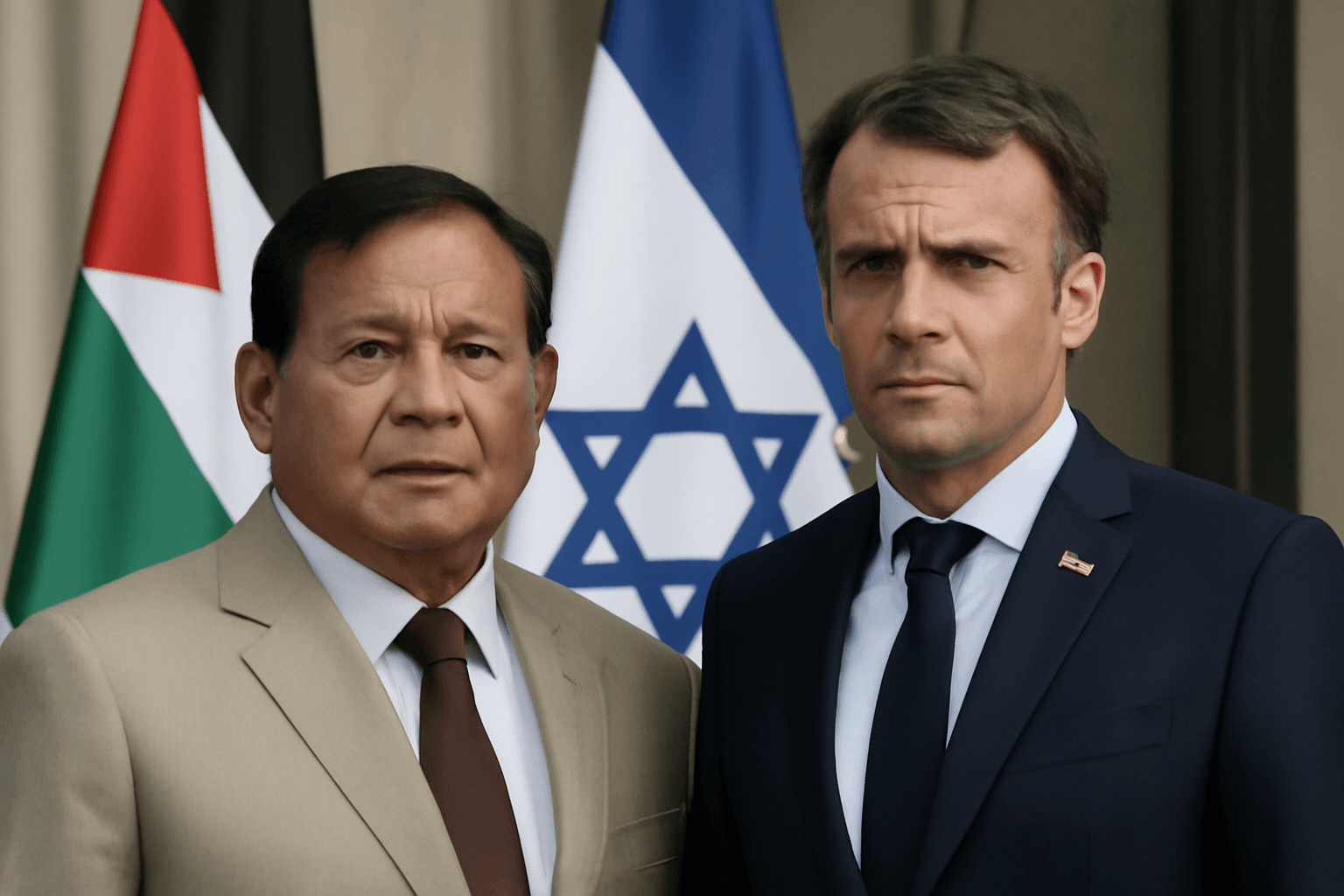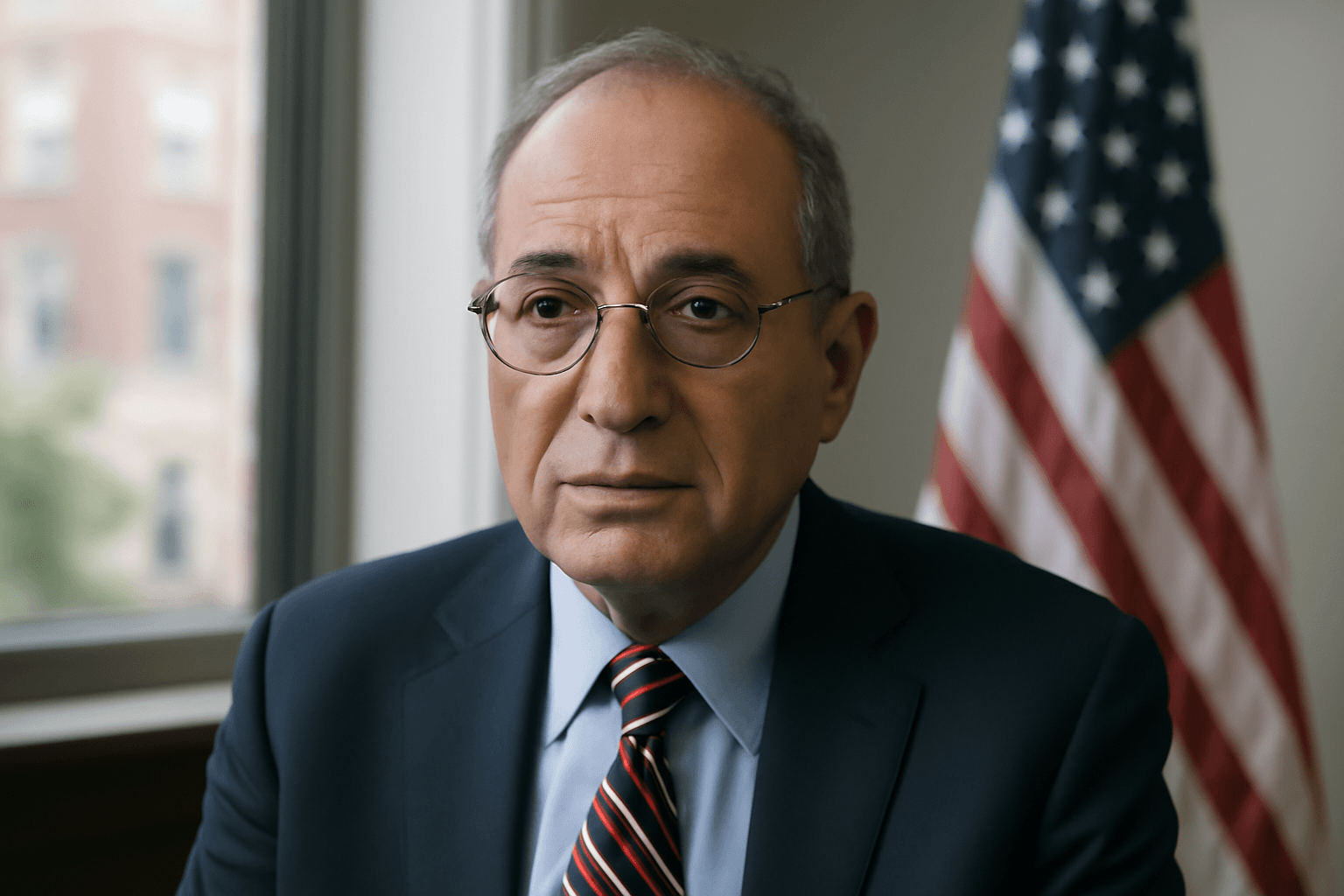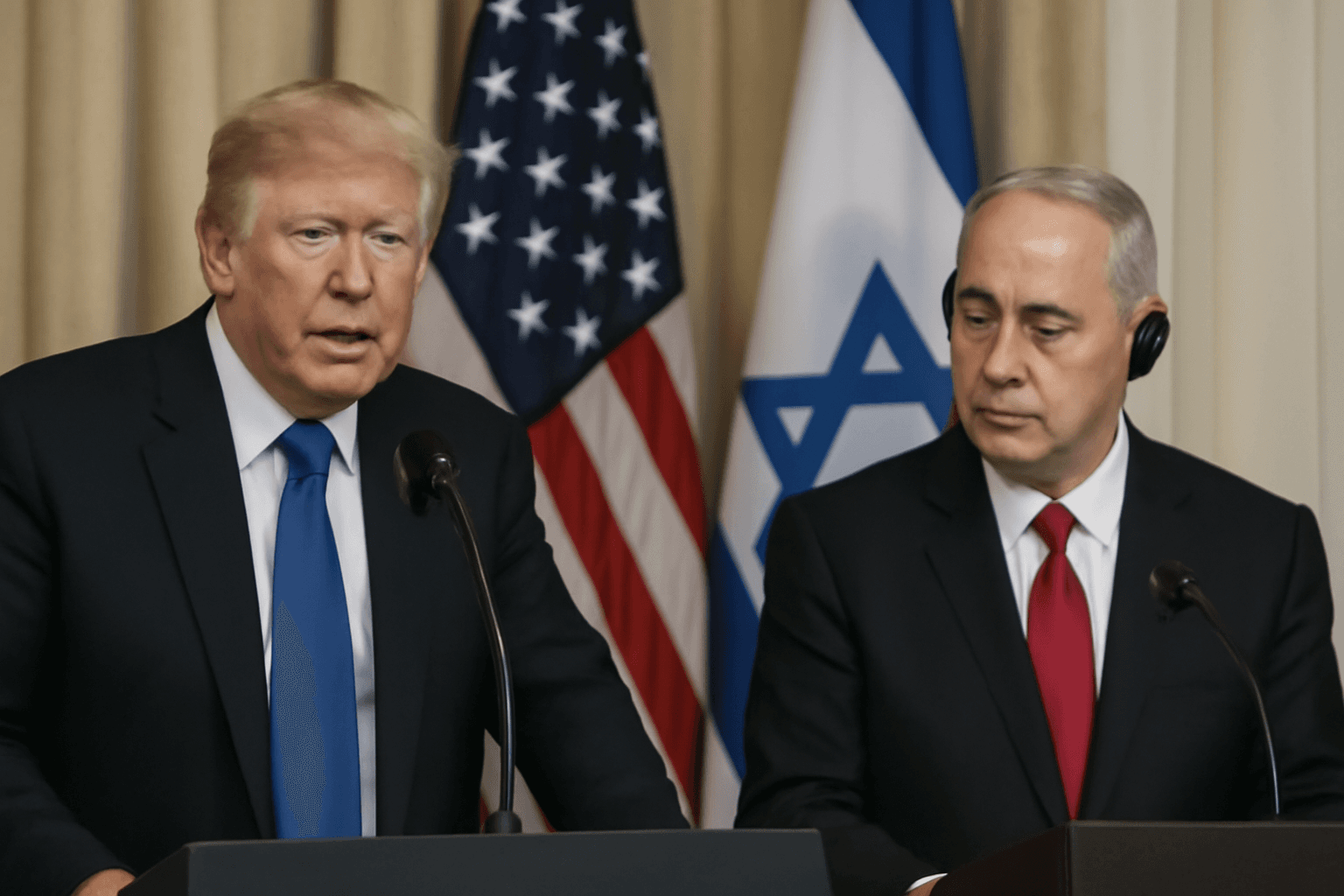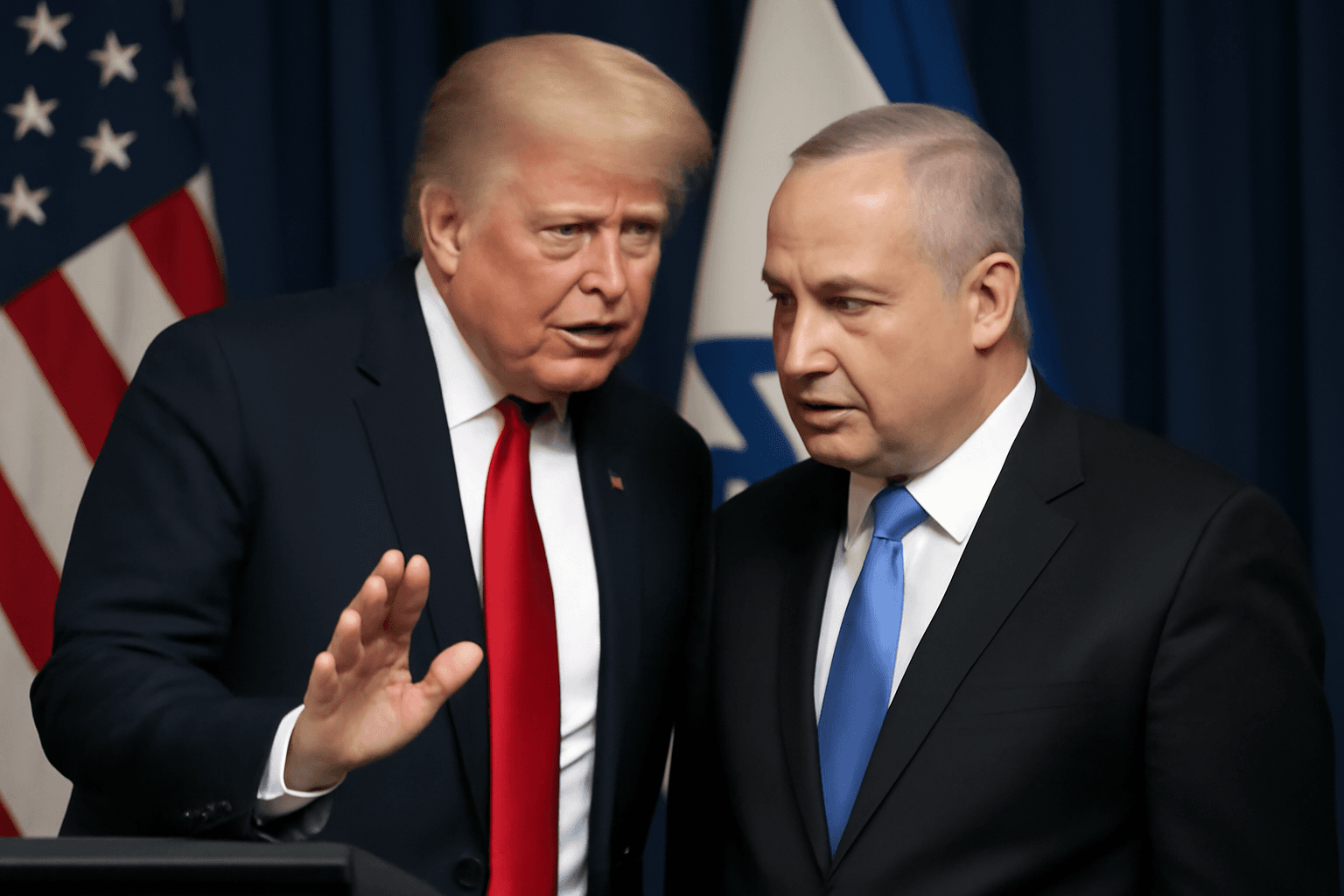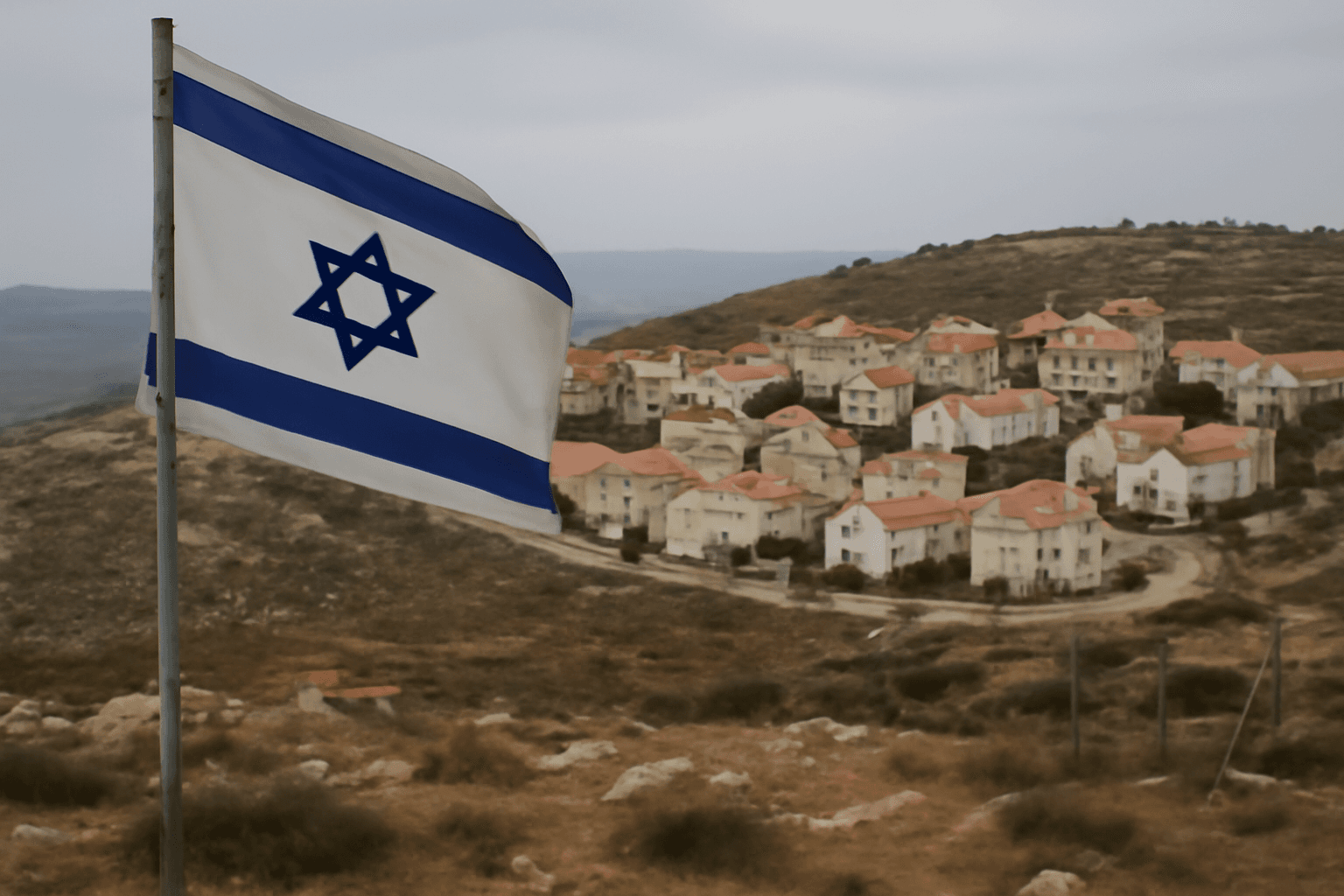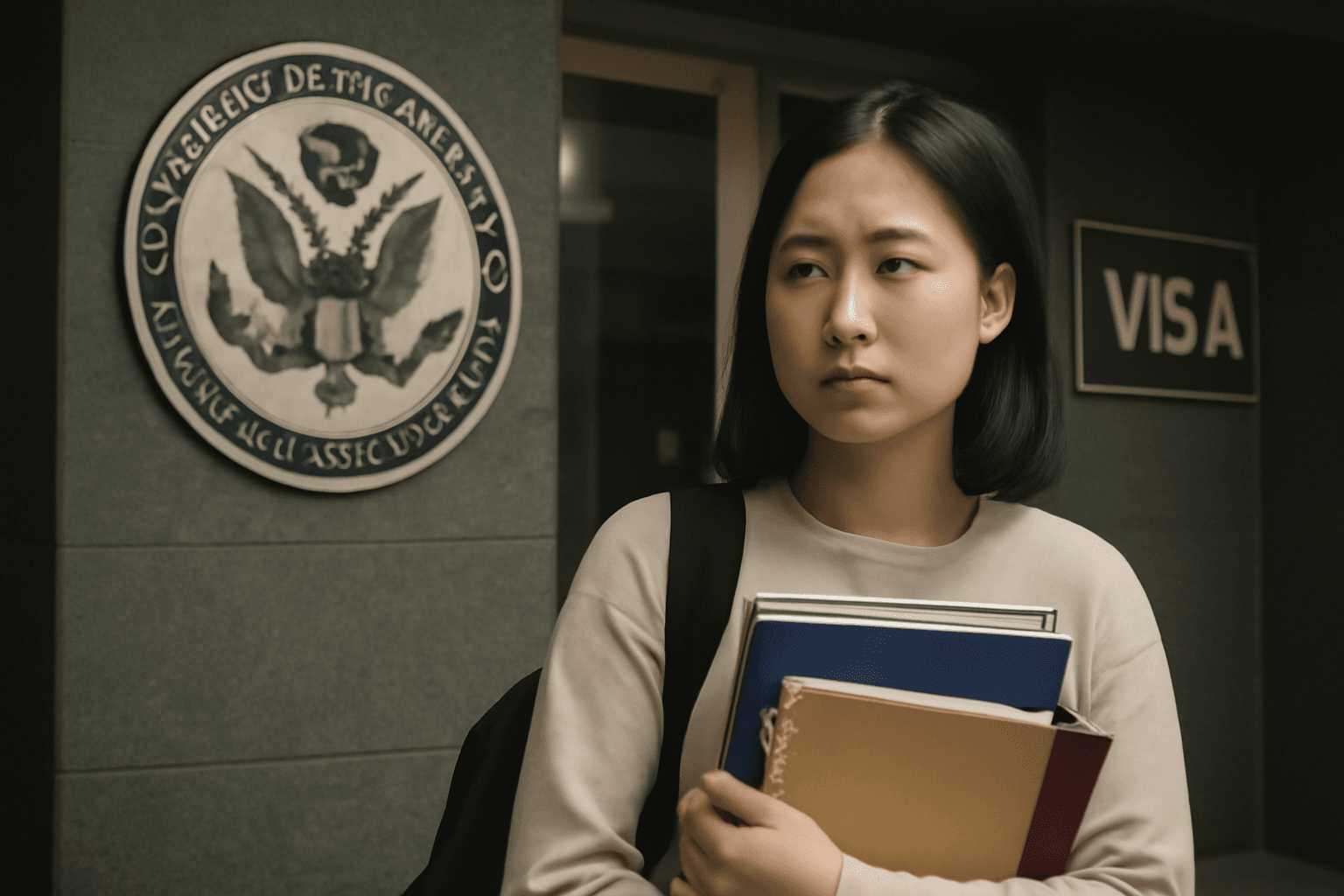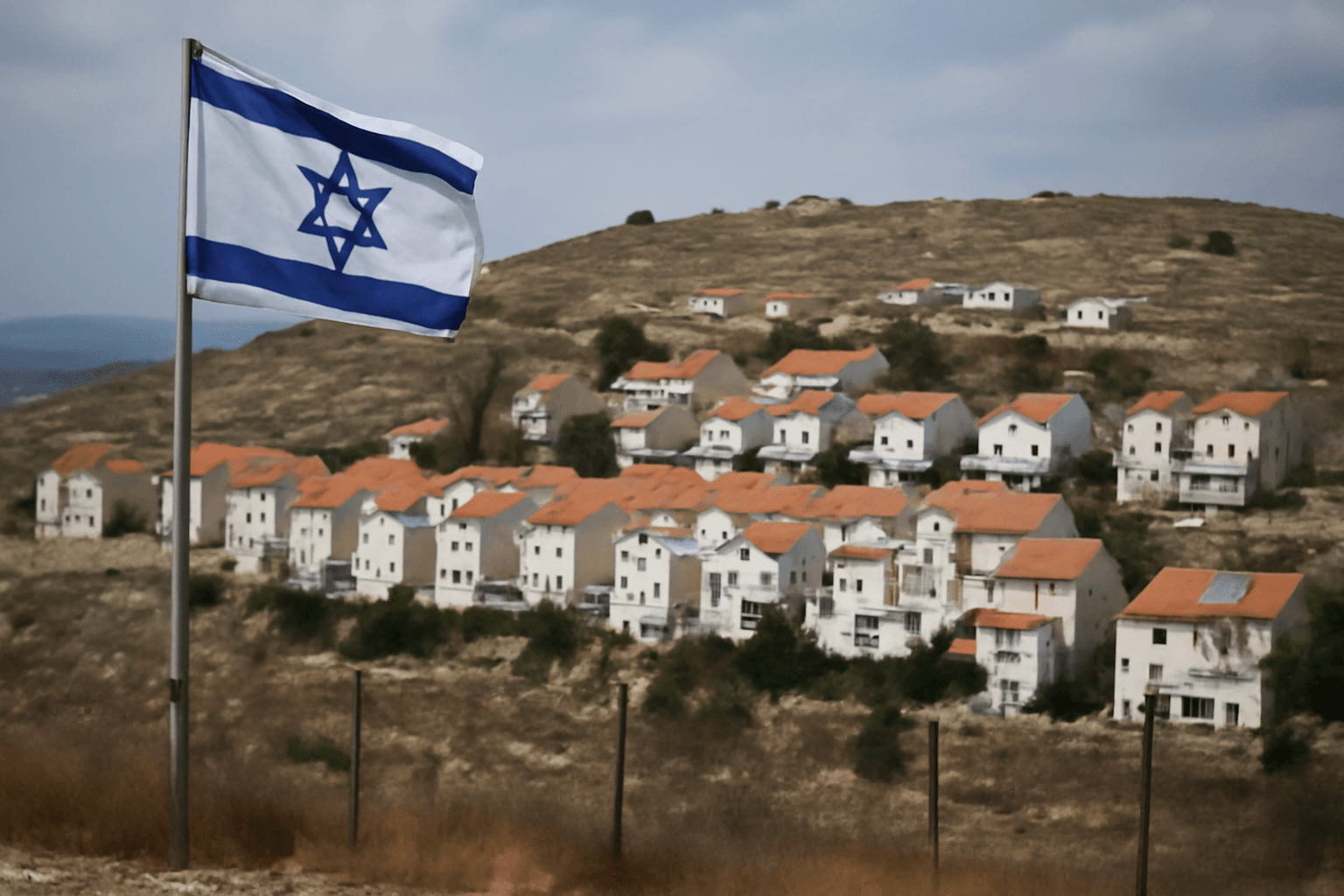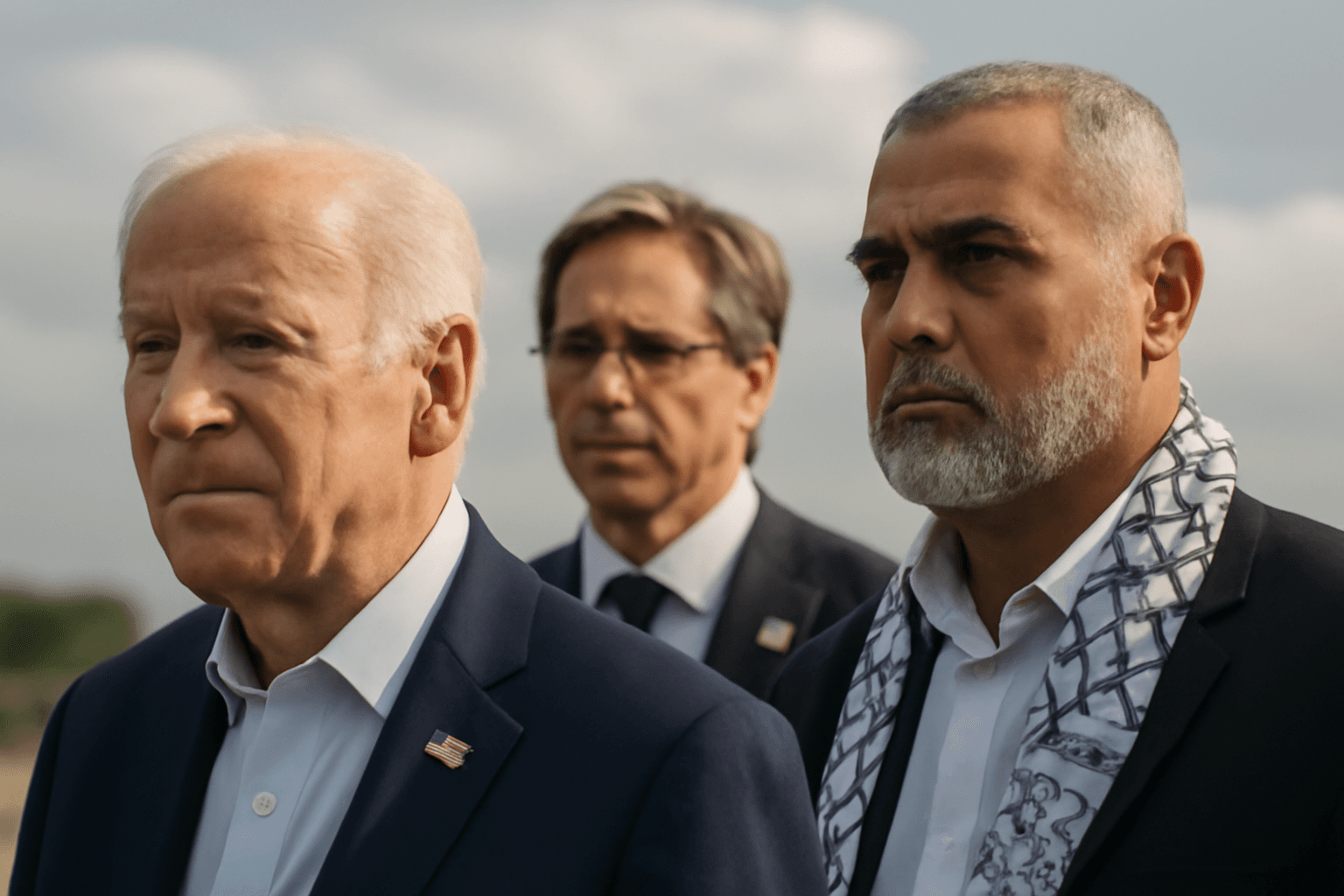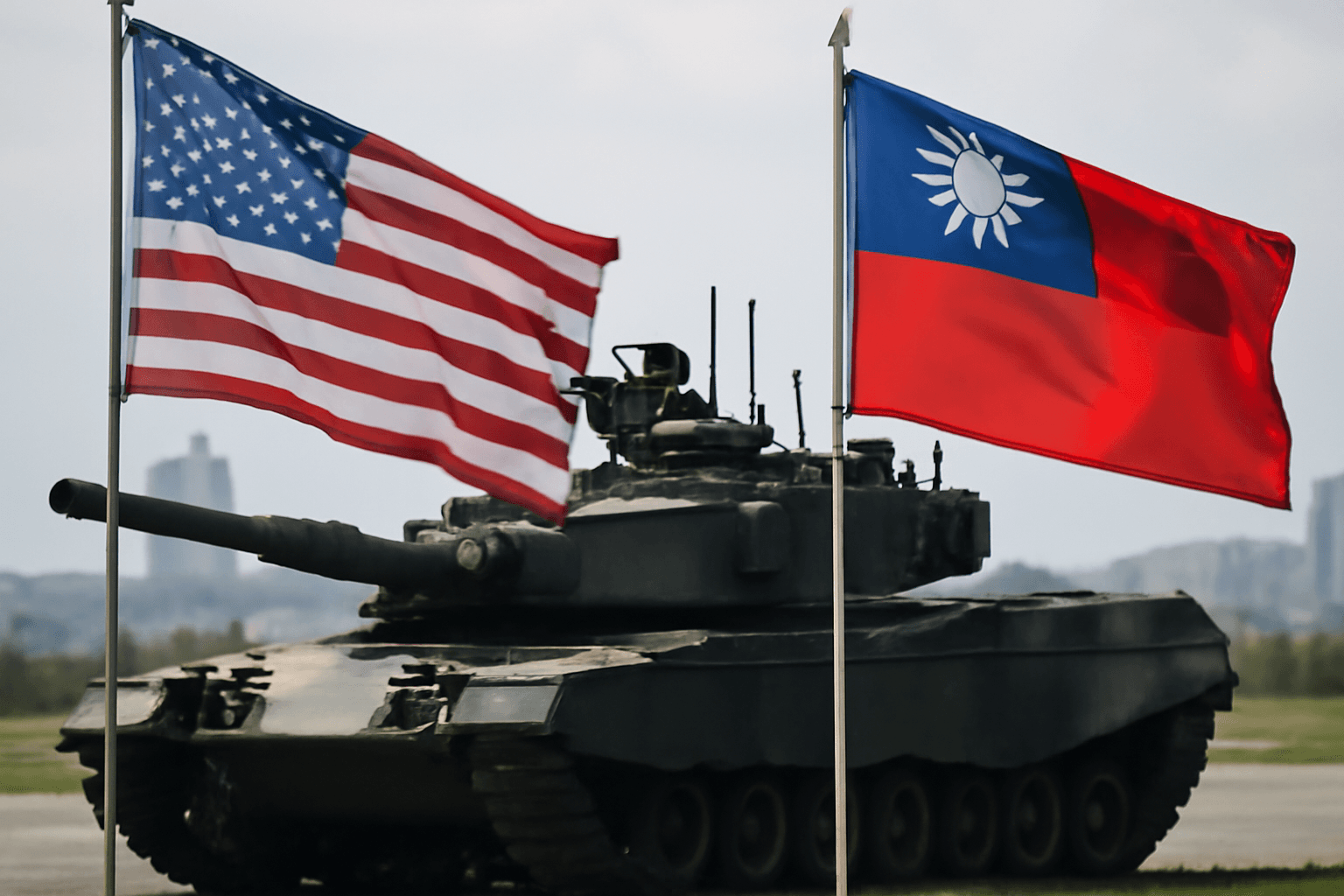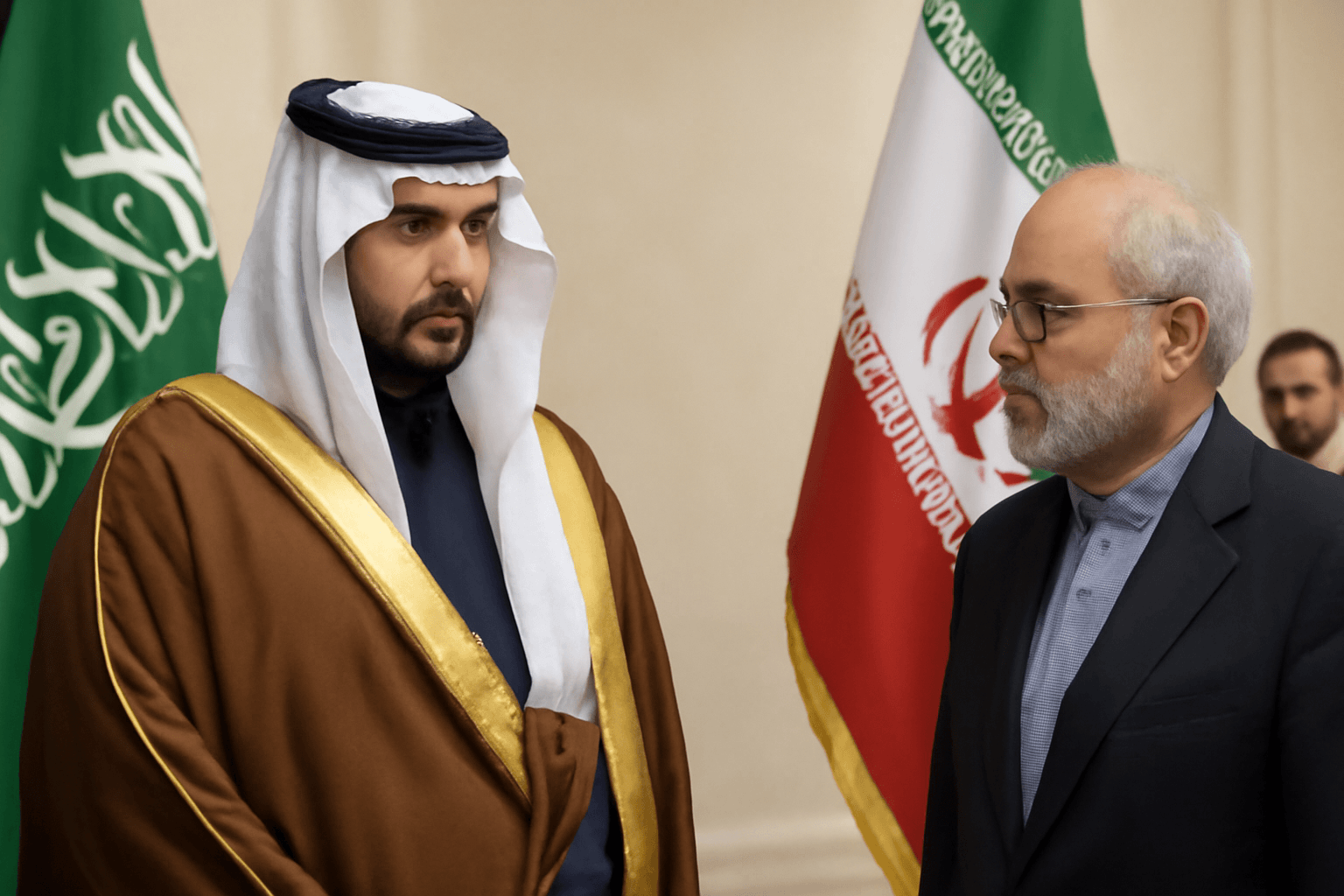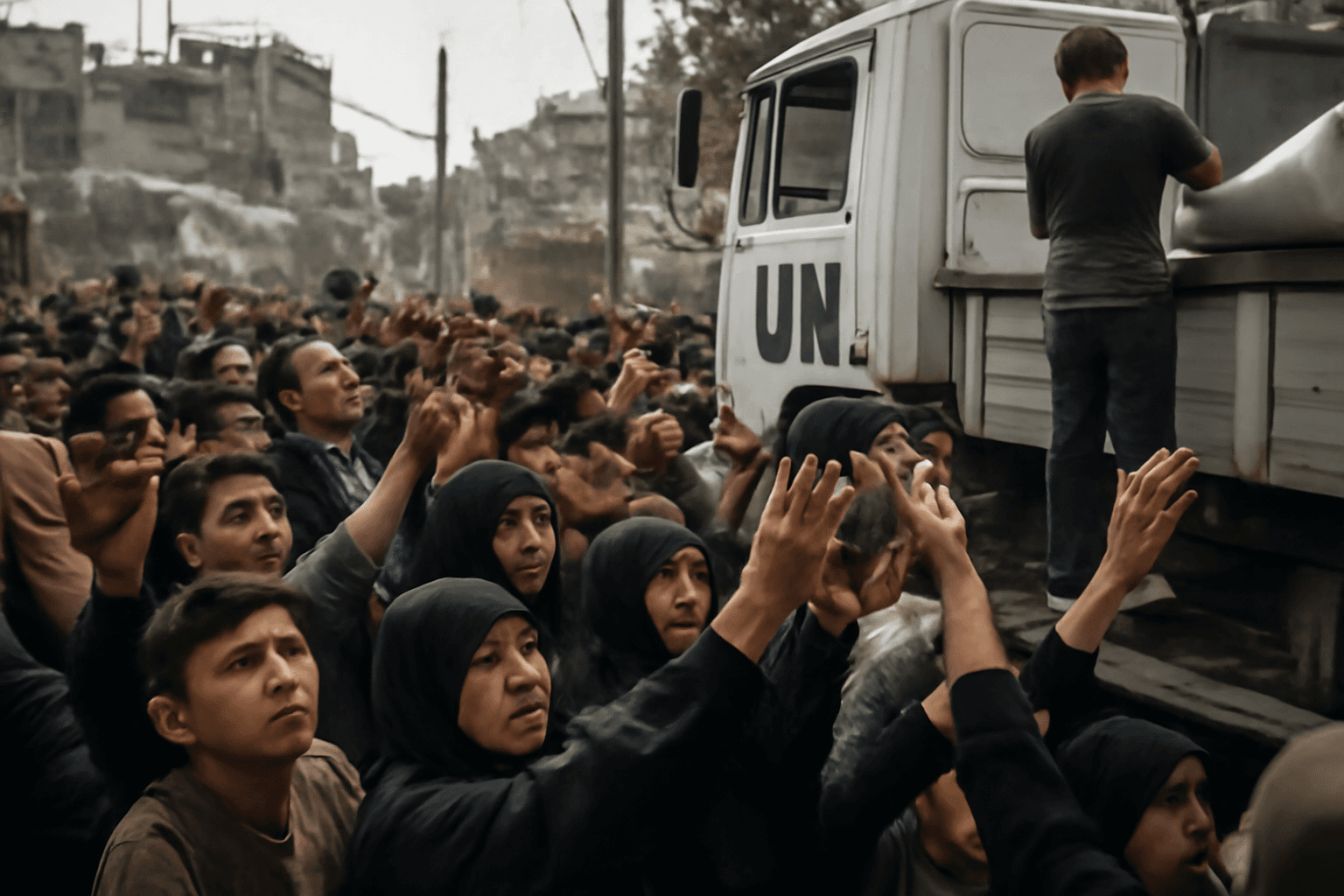Dubai: Saudi Arabia's Defence Minister Prince Khalid bin Salman delivered a stark warning to Iranian officials during a secret meeting in Tehran last month, urging them to seriously consider President Donald Trump's offer to negotiate a nuclear agreement as a means to avoid potential war with Israel.
Prince Khalid, the younger son of King Salman and former Saudi ambassador to the United States, met with Iran's top leadership—including President Masoud Pezeshkian, Armed Forces Chief of Staff Mohammad Bagheri, and Foreign Minister Abbas Araqchi—on April 17 in a confidential session at the presidential compound.
Sources close to the governments and attending officials revealed that the Saudi minister emphasized the limited patience of the Trump administration for protracted talks and stressed the urgency of reaching a quick agreement to prevent escalation. The prince warned that failure to strike a deal could provoke Israeli military action against Iranian nuclear facilities.
This message, conveyed on behalf of 89-year-old King Salman, marked the first visit by a senior Saudi royal to Tehran in over 20 years and followed China-sponsored rapprochement efforts in 2023 that eased tensions between the two long-time regional rivals.
Prince Khalid highlighted the volatile state of the Middle East, citing recent conflicts in Gaza and Lebanon, and expressed concern that further escalation would destabilize an already fragile region. He urged Iran to reconsider its regional policies, signaling that Riyadh would welcome a de-escalation of hostilities.
Iranian officials acknowledged their desire to reach a nuclear deal that could alleviate economic pressures caused by Western sanctions. However, they expressed reservations about the unpredictable nature of the U.S. administration's demands, which had fluctuated from limited uranium enrichment to calls for full dismantling of Tehran's nuclear program.
Sources noted that while Iran aims for a deal, it refuses to forfeit its nuclear enrichment capabilities solely to appease U.S. demands.
Recent reports indicate ongoing nuclear negotiations have completed five rounds, with core issues—such as uranium enrichment—still unresolved. Iranian media have denied claims that Tehran would suspend enrichment pending the release of frozen funds in exchange for recognition of their civilian nuclear rights.
The White House has not directly addressed the Saudi warning but reiterated President Trump's stance emphasizing swift negotiations or facing serious consequences. Trump also reportedly cautioned Israeli Prime Minister Benjamin Netanyahu against undermining talks, underscoring the proximity to a potential resolution.
Prince Khalid also reassured Tehran that Saudi Arabia would not permit its territory or airspace to be used by the U.S. or Israel for military actions against Iran, highlighting Riyadh’s preference for diplomatic solutions over conflict.
Experts suggest that Saudi Arabia is leveraging Iran's weakened regional influence and economic difficulties—exacerbated by Israeli military pressures on Iranian allies and international sanctions—to promote stability and protect its economic ambitions.
This high-stakes dialogue reflects the complex interplay of regional power dynamics and the fragile path toward peace in the Middle East.


